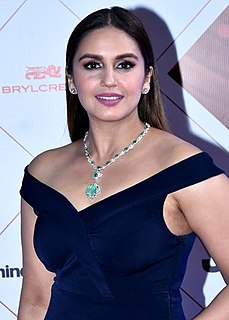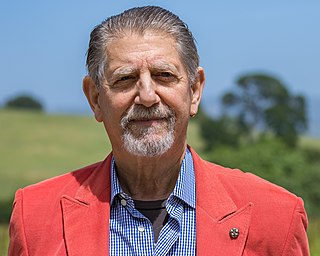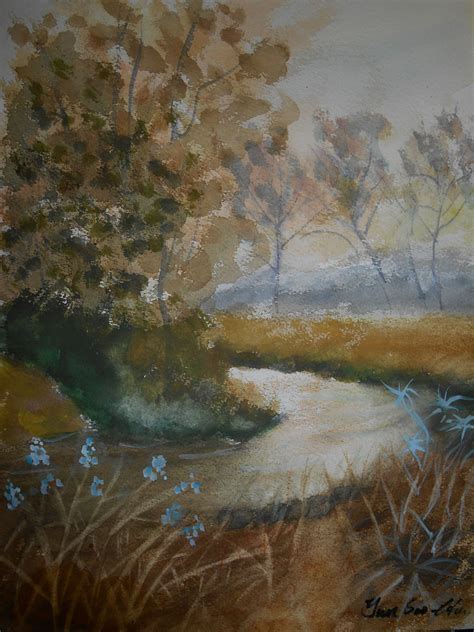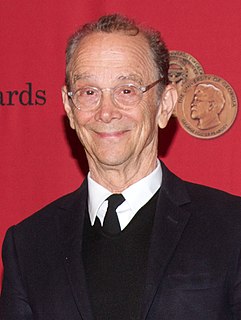A Quote by Huma Qureshi
I make it a point to pick films that tell you a story in an engaging way. I can't compromise on the content. The script has to be substantial and impactful.
Related Quotes
My favorite thing to do is rip the covers off a script when reading for writers to hire and make everybody read without names on the covers of the script. I can't tell you how many times my writers, women and men, will pick people of color and women much more often than they would with a cover on the script.
At Pixar, I don't have to compromise at all. When I look at the finished "Toy Story 3," I don't sit and constantly think, oh, the actor was having a bad day, or oh, it rained and we couldn't use that set. The story that I wanted to tell is what is on screen, and I haven't had to compromise it one iota.
I don't have any one way to tell a story. I don't have any rule book of how it's supposed to be done. But I've always said that if a story would be more emotionally involving told, beginning, middle, and end, I'll tell it that way. I won't jigsaw it, just to show what a clever boy I am. I don't do anything in my script just to be clever.
I've been making films with almost no dialogue (laughs), so sound and music become a very powerful character to tell the story. It's almost like with sound and music and images, it's your tool to tell the story, especially when I decide to structure the film in a way that usually goes against the conventions of the three-act structure which most films are made out of.
I don't ask my students to have studied film or any education in general. What I ask them is to come and sit and tell me a story, and the way they choose it and tell it, for me, the best criteria for whether they are right for making films. There's nothing more important than being able to tell your story orally.
It wasn't long after I began writing Star Wars that I realized the story was more than a single film could hold. As the saga of the Skywalkers and Jedi Knights unfolded, I began to see it as a tale that could take at least nine films to tell - three trilogies - and I realized, in making my way through the back story and after story, that I was really setting out to make the middle story.




































